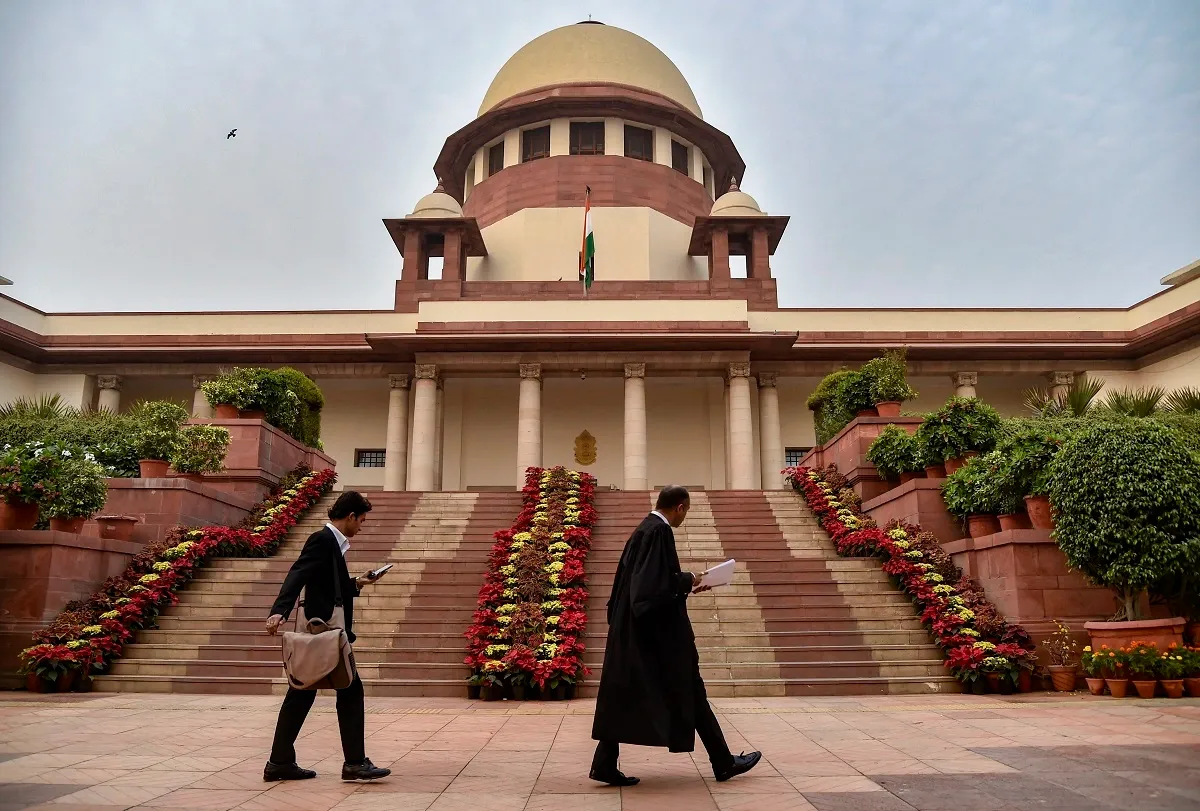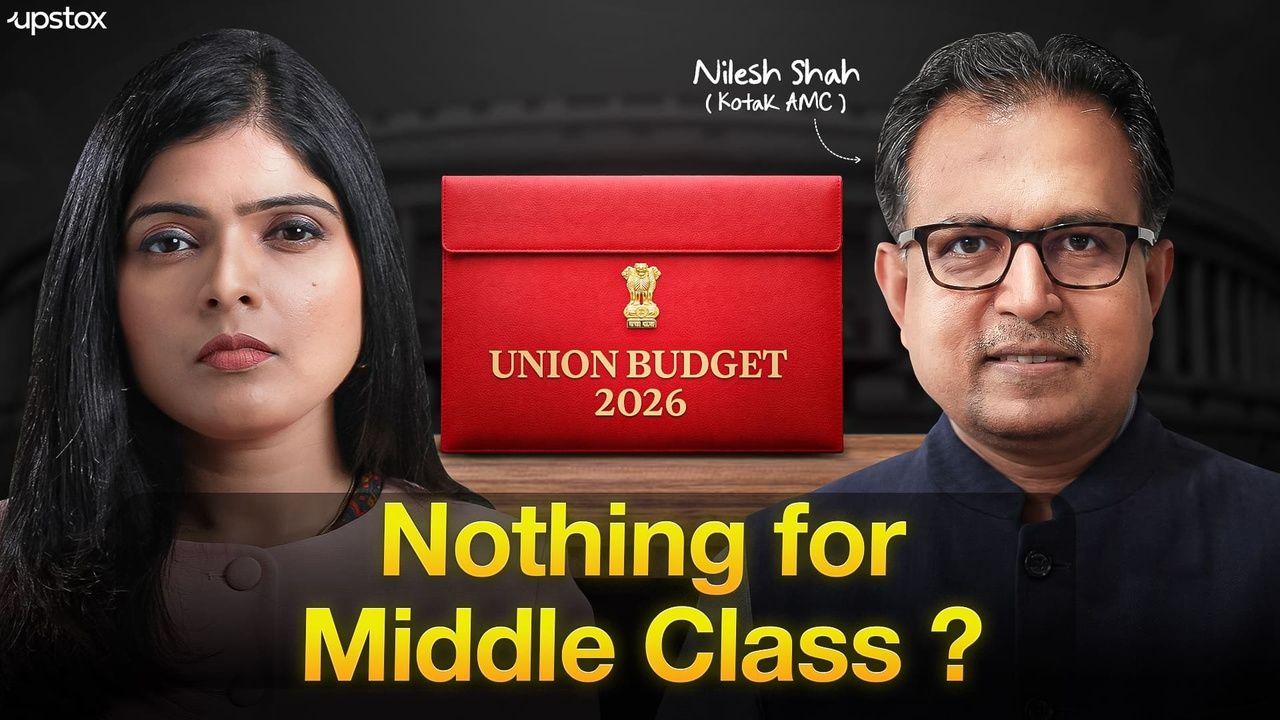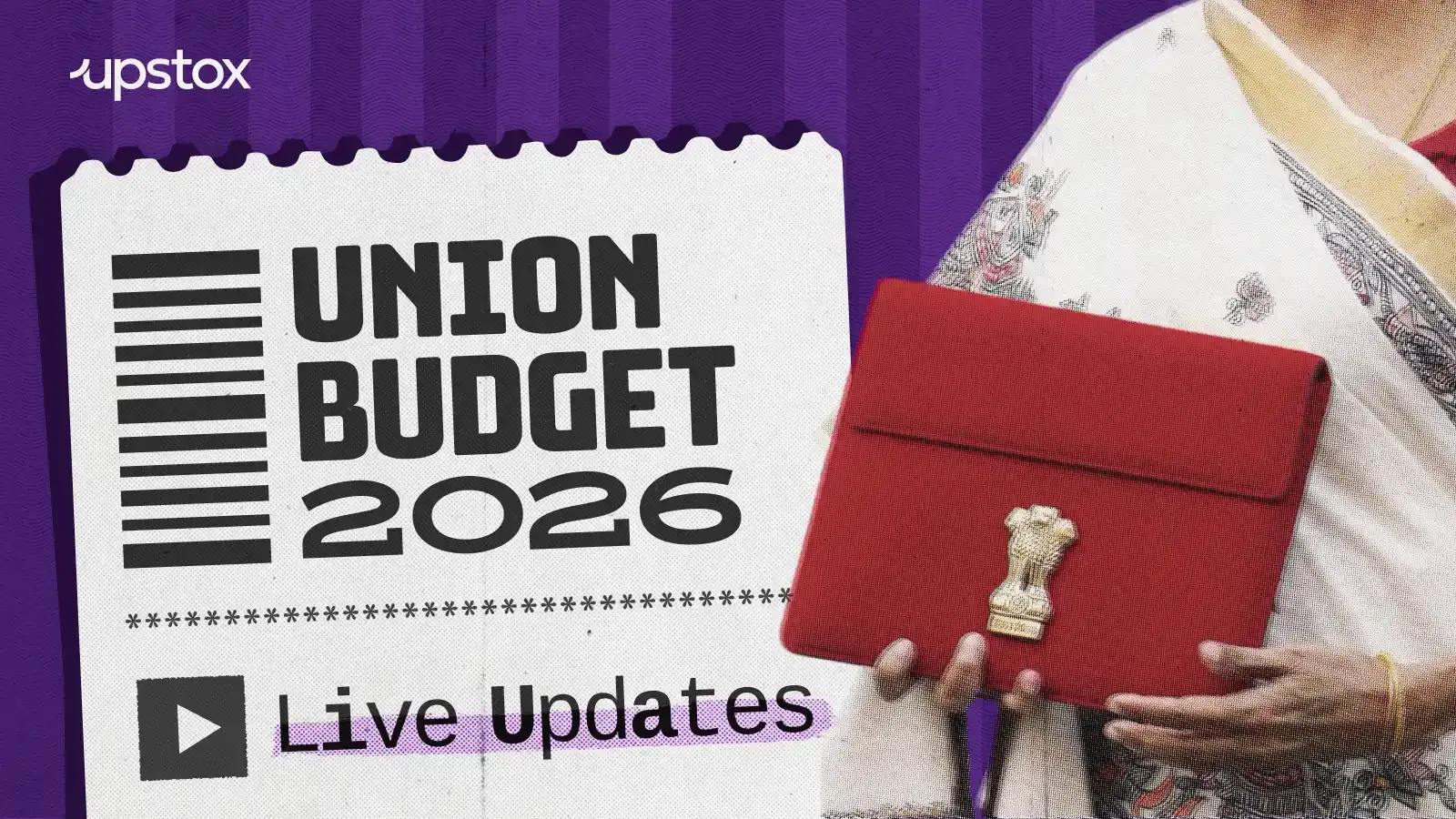Business News
Supreme Court junks AGR interest waiver pleas by Vodafone, Airtel: ‘Shocking and misconceived’
.png)
4 min read | Updated on May 19, 2025, 14:19 IST
SUMMARY
Vodafone Idea, which now has the government as its largest shareholder, recently warned that without relief, it may be forced into insolvency.
Stock list

supreme court amazon flipkart cci probe.webp
Telecom giants Vodafone Idea, Bharti Airtel and Tata Teleservices were dealt a major blow on Monday as the Supreme Court dismissed their writ petitions seeking exemption from interest and penalties on Adjusted Gross Revenue (AGR) dues, calling the plea “shocking” and “misconceived.”
“We are really shocked by these petitions which have come before us. It is not expected of a multinational company. We will dismiss it,” a bench of Justices J B Pardiwala and R Mahadevan told senior advocate Mukul Rohatgi, appearing for Vodafone.
The apex court said that the companies were free to explore other remedies, but not through a writ petition in the Supreme Court.
The court also refused to intervene, saying, “Don’t make a party,” asserting that the matter lies in the government’s domain.
What was Vodafone’s argument?
Vodafone Idea had sought a waiver of nearly ₹30,000 crore, comprising interest, penalty, and interest on penalty components of its AGR dues. The company argued that it was not seeking a review of earlier judgments, but merely seeking relief from financial rigours imposed by the 2019 AGR verdict.
Rohatgi previously said the survival of the petitioner firm was crucial for maintaining competition in the telecom sector.
"The present writ petition does not seek review of the judgment but only seeks waiver of rigors of payment of interest, penalty and interest of penalty under the Judgment," the company's plea said.
What is the govt’s stake in Vodafone Idea?
In its plea, Vodafone pointed out that the Union government, following a conversion of interest dues into equity, now holds a 48.99% stake in the company. Despite this, the company said the Centre continued to press for additional dues of approximately ₹1.19 lakh crore related to spectrum, besides AGR liabilities.
Vodafone claimed that it has invested ₹1.35 lakh crore over the last decade and contributed around ₹61,000 crore as licence fees and SUC, in addition to ₹11,800 crore in GST for FY 2024–25.
What did the court say in previous AGR-related rulings?
The Supreme Court had earlier ruled in October 2019 that the Department of Telecommunications’ demand regarding AGR dues was final. In September 2020, the top court allowed telcos to pay the ₹93,520 crore AGR dues over 10 years, starting April 2021. It had mandated a 10% upfront payment by March 31, 2021.
The court also dismissed telecom companies’ 2021 and 2024 pleas seeking rectification of alleged errors and duplications in AGR calculations.
What support does Vodafone Idea seek?
The company has proposed that the government accept ₹17,213 crore as the final principal due and waive 100% of interest and penalties.
"Considering the payments made in 2020 and conversion of AGR dues in 2023 – balance AGR dues as of Mar’25 will be Rs 7,852 Crore (post above waivers)...Payment to be made over 20 years (including 4 years of moratorium, which has already passed). No further accrual of interest with 5 years of additional moratorium (till FY30) and subsequent payment in 11 equal instalments of Rs 714 crore (between FY31 to FY41)," it proposed.
While telecom reforms and equity conversions have provided temporary relief, any further concession on AGR dues will now depend on executive discretion.
What happens if Vodafone doesn't get waiver?
In a letter to the telecom department, Vodafone Idea said it will not be able to operate beyond FY26 without the government's timely support on AGR, as the bank funding discussions will not move forward.
VIL CEO Akshaya Moondra said the company may be forced into insolvency proceedings by FY26.
"Without GoI's (Government of India) timely support on AGR, VIL will not be able to operate beyond FY26 as the bank funding discussions will not move forward," the letter to the DoT secretary read.
The letter claimed that lack of bank funding and spectrum moratorium would freeze capex investments, reduce subscriber base, erode EBITDA, and potentially turn the government’s 49% stake worthless.
"The government has always maintained that it supports a 3 private player market. In case the telecom sector is reduced to a duopoly, this will not only be a bad outcome for competition and consumer choice, but will also make future spectrum auctions, a constant source of revenue for the government, a non-starter," it said.
Vodafone Idea said the AGR judgment "has caused grave damage to the business and financial health of the company, in addition to the unfair burden caused by the AGR liability itself, which has put the company in a situation, where it cannot survive without the AGR liability issue being addressed".
By signing up you agree to Upstox’s Terms & Conditions
About The Author
Next Story

